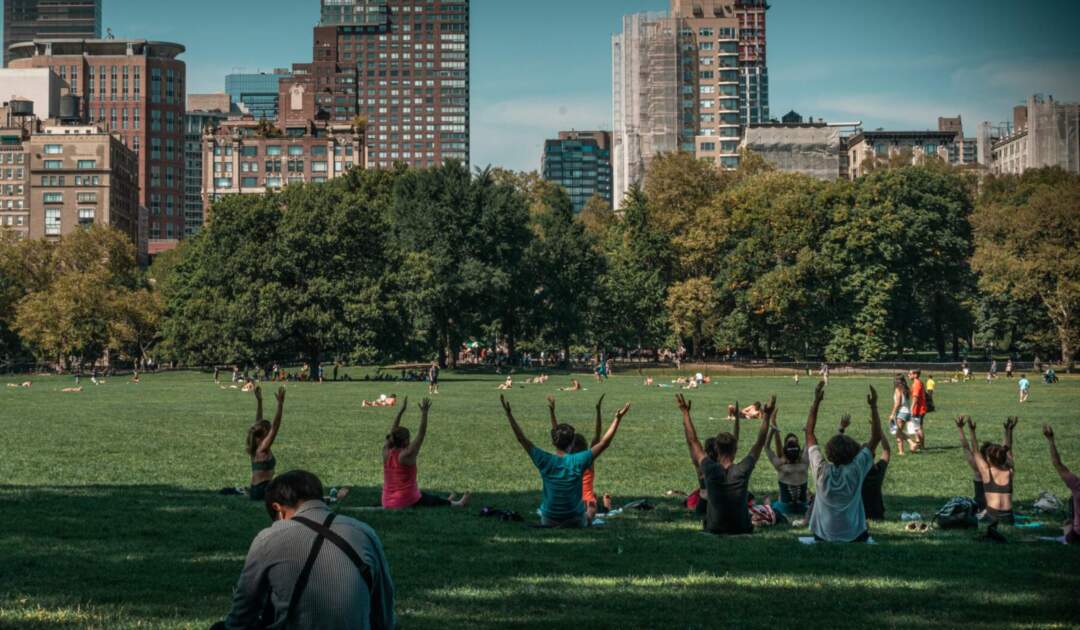BiodivGesundheit
Relationships between biodiversity, soundscapes, and human health in urban green infrastructure
Increasing urbanization and urban development characterized by densification and loss of green spaces pose risks to human health. Nevertheless, urban nature offers an important habitat and thus contributes to the preservation of urban biodiversity. Experiencing nature also increases human well-being. Biodiversity-based health interventions could be a cost-effective method of sustainably improving the health of the urban population.
Against this background, project CitySoundscapes brings together current findings from forestry, landscape ecology and environmental psychology in an interdisciplinary approach. The aim is to investigate how urban green spaces must be structured, equipped, and distributed in the urban space in order to provide valuable living space and be effective as health resources for people. The focus here is on so-called soundscapes. In cities, people are exposed to many different acoustic stimuli. Some sounds, such as those from traffic, are perceived as noise, can trigger feelings of stress and anxiety, and affect health. Green spaces can attenuate these disturbing noises and use natural acoustic stimuli to reduce stress and promote concentration.
In the first funding phase, a biodiversity-related index for soundscapes is to be developed with the help of field inventories, 3D laser scanning, and acoustic recordings. In addition, a living lab is to be developed in order to incorporate biodiversity-based health interventions into urban planning and management in the second funding phase.

